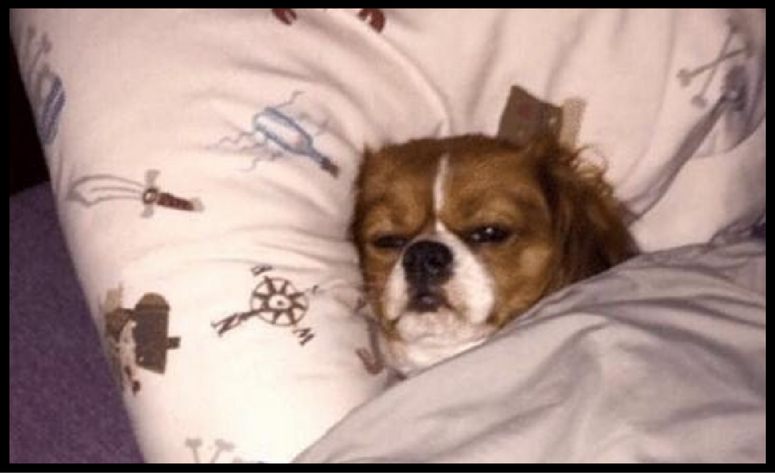Maybe you’ve taken one and didn’t know there was a name for it. Or you rely on yours and can’t go a day without it. Either way, the depression nap, a relatively new meme-worthy trend all over social media, has made it to Urban Dictionary and Reddit—so it’s officially a thing.
But is it a good thing? Most of us (except maybe defiant toddlers) would love to squeeze in a nap during the day. But experts aren’t so sure a depression nap—or a quick snooze when you’re feeling like the world is just too much right now—is actually a smart idea.
“If [napping] is being used to avoid doing or confronting difficult things or is being done excessively while connected to depressed feelings or low energy, then it may be a symptom of a psychological disorder such as depression, anxiety, or insomnia,” says Simon Rego, PsyD, chief psychologist at the Montefiore Medical Center and Albert Einstein College of Medicine in New York City.
Some people who swear by depression naps might feel tired all the time, sleep more than usual, and sleep as a way of escaping what’s bothering them. The need to take a depression nap could signal clinical depression, as excessive sleepiness is one symptom of the disease.
On the other hand, sleeping too little can also be a sign of depression. Some people with depression feel restless and wound-up, leading to trouble falling or staying asleep. If you have a hard time dozing off at night, napping is probably off the table for you: Any daytime shut-eye may only make that process more difficult.
But napping can be good for other people. According to the National Sleep Foundation, a quick nap can improve alertness, strengthen your performance at work and cut back on mistakes and accidents, and, of course, help you feel relaxed and rejuvenated for the rest of your day. Some research even suggests a midday nap can lower blood pressure.
Waking up refreshed and ready to tackle a difficult task is different than using sleep to ignore that challenge entirely, though. “If you’re napping to avoid a task that is difficult, in many cases, that’s not an adaptive way of coping,” says sleep psychologist Kelly Baron, PhD, assistant professor in the department of behavioral sciences at Rush University Medical Center in Chicago. “Rather than confronting what’s making you feel anxious and getting it over with, you’re procrastinating, which can make anxiety feel worse.
While it’s totally normal to feel a little sleepy during the day—especially in the afternoon, when there’s a natural dip in our circadian rhythms, Baron says—it’s probably not so good if you feel like you need a nap to get through the day, every day. “In these cases, it’s important to seek help from a licensed mental health professional,” Rego says. He or she may even point you to a sleep specialist, Baron adds, in case an undiagnosed condition like sleep apnea could be causing your daytime drowsiness.
If you need an occasional depression nap, there’s probably no real harm to taking a little break from it all once in a while, as long as you’re using that snooze to feel more alert and more productive when you wake. “While napping itself is not necessarily a problematic behavior,” Rego says, “it’s important to be clear on why you’re napping.
Taken from Health.Com
